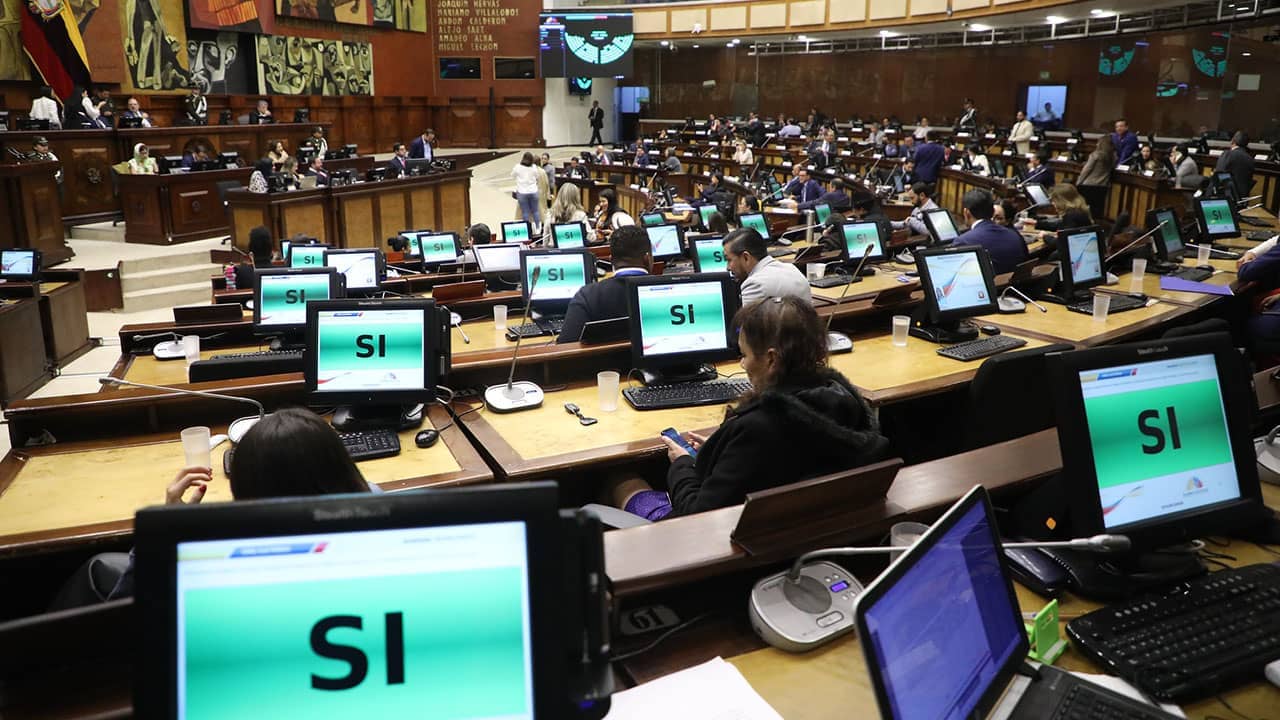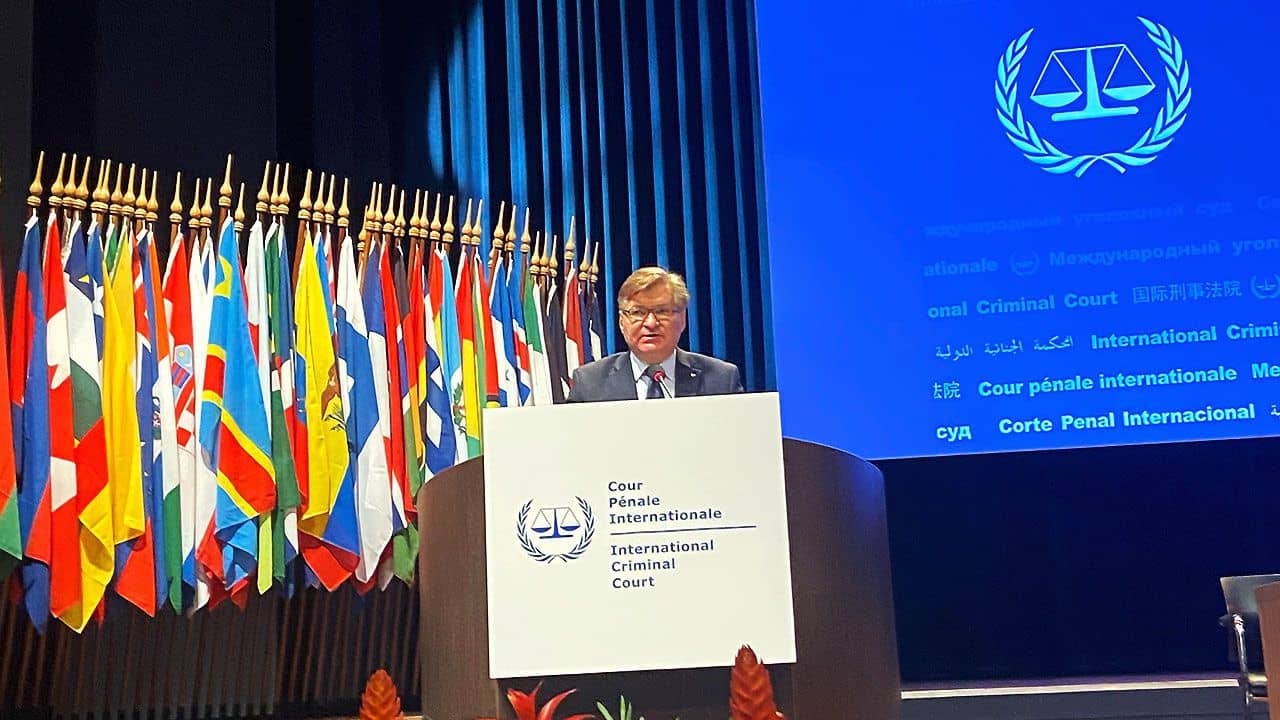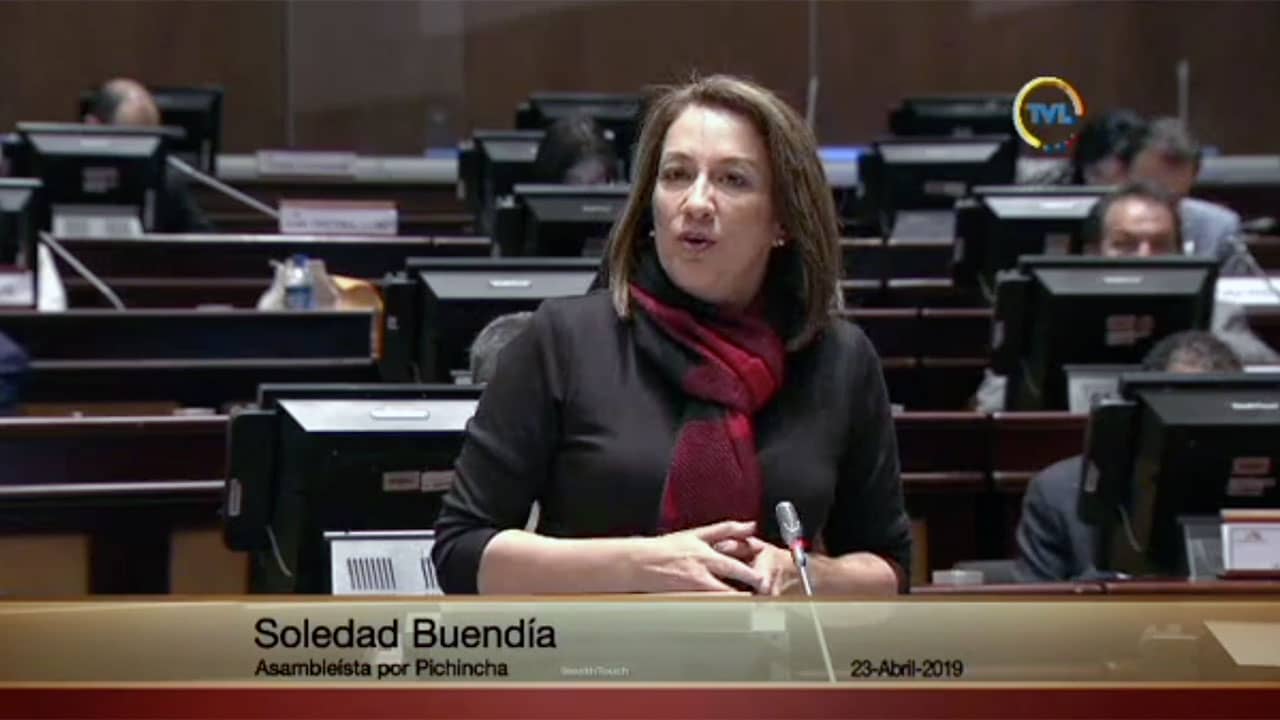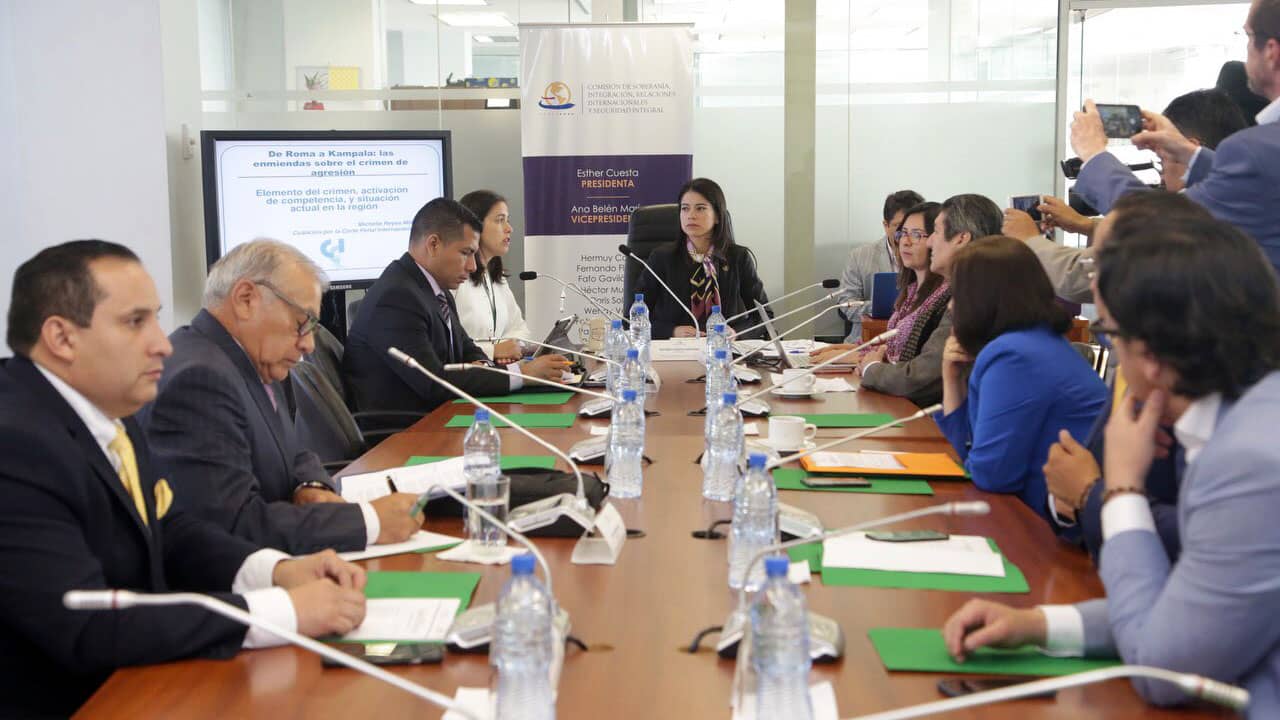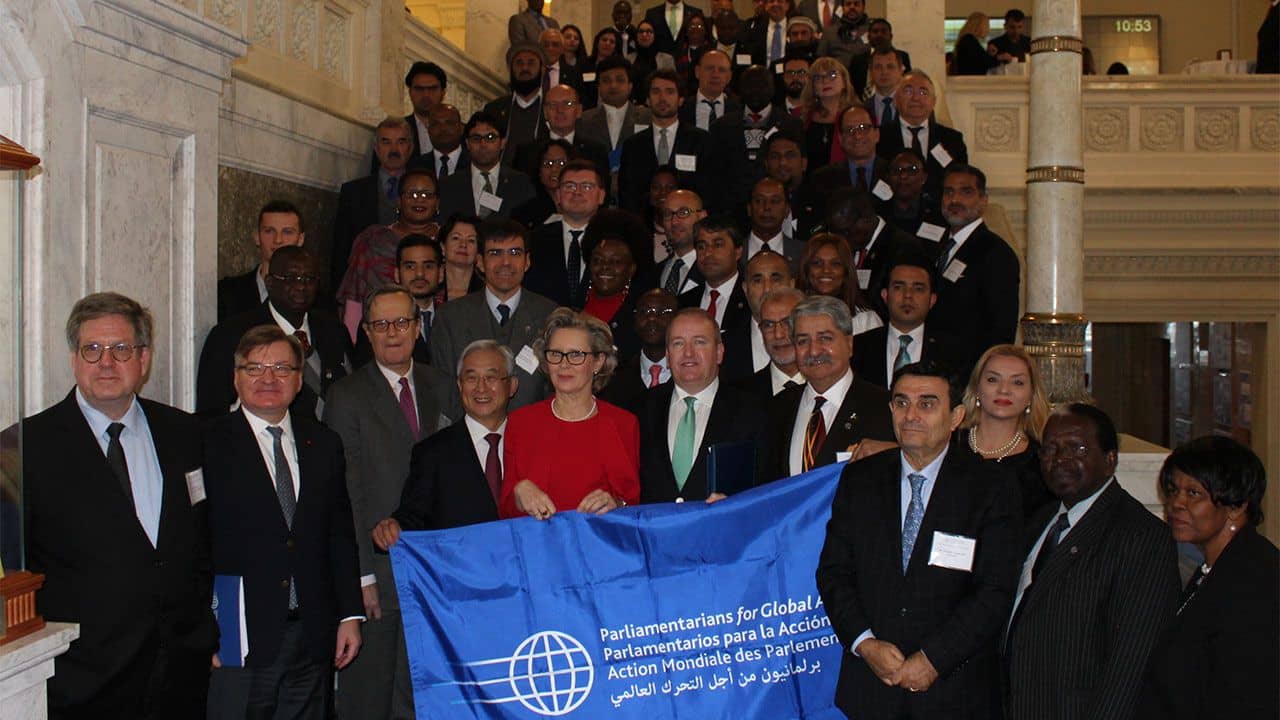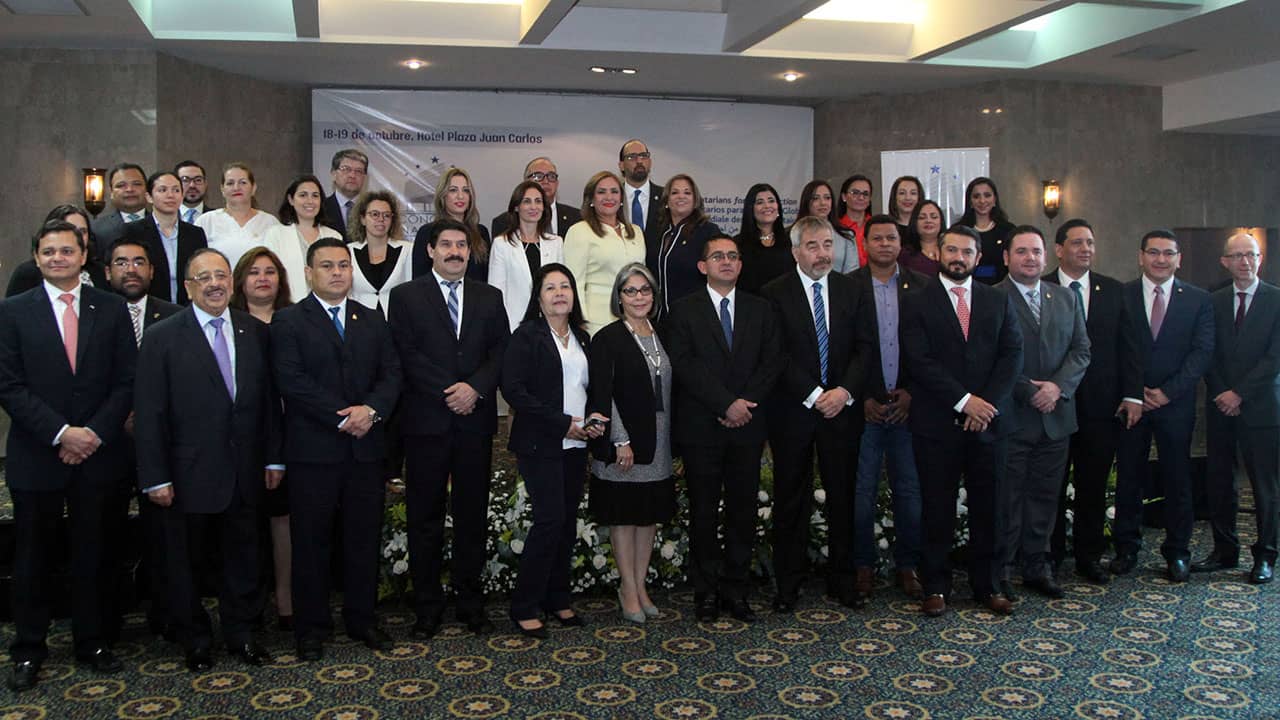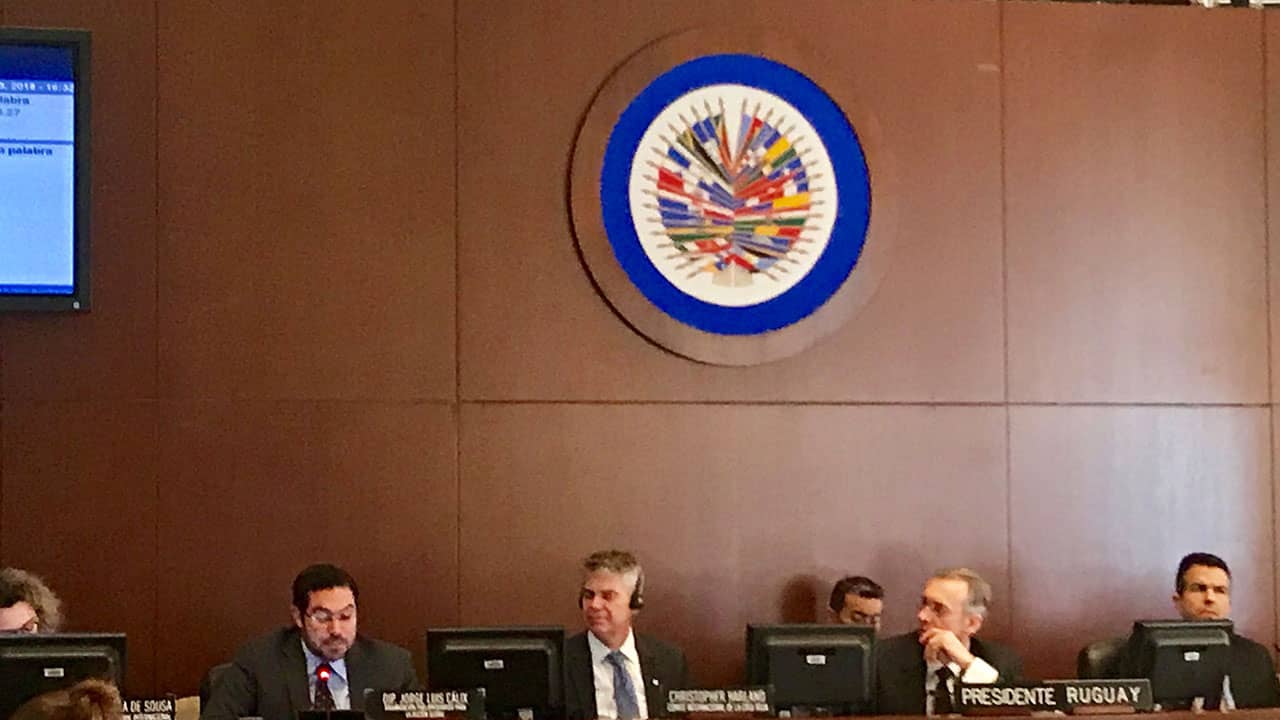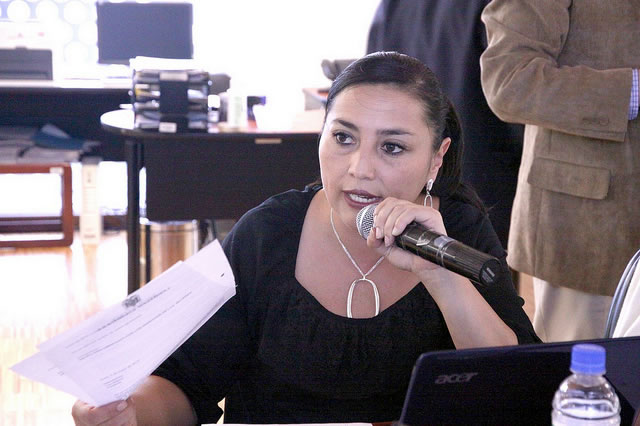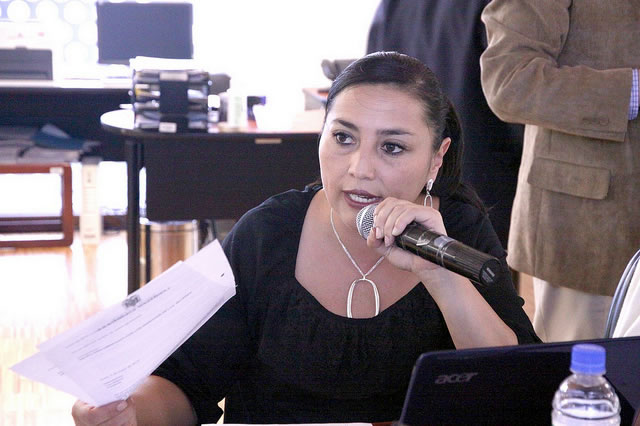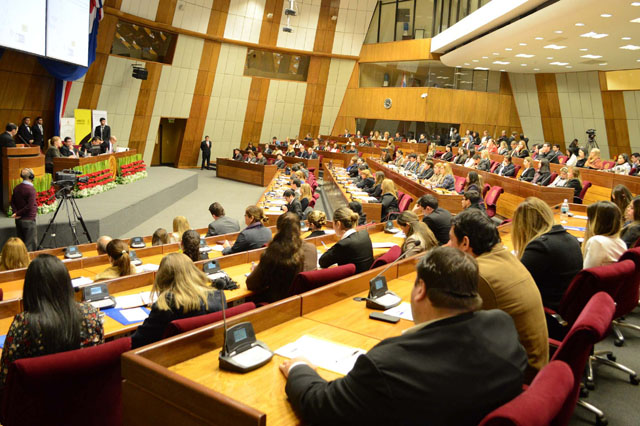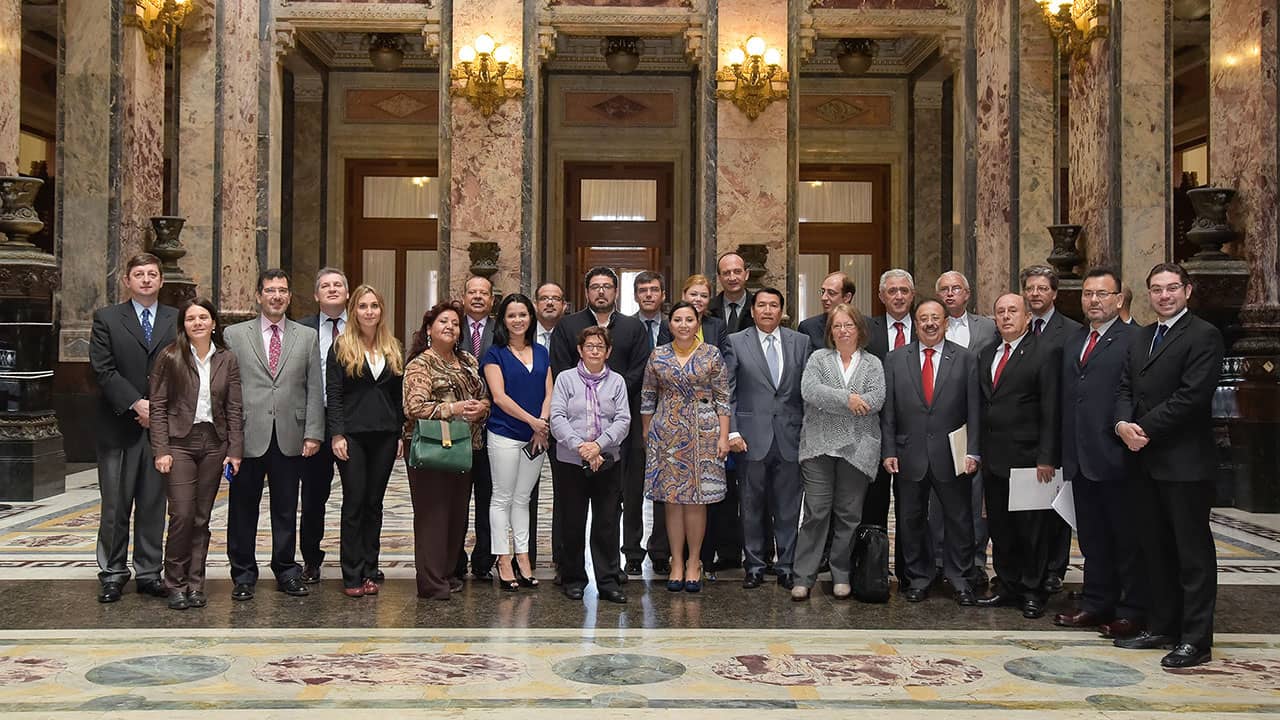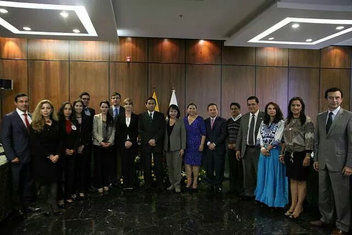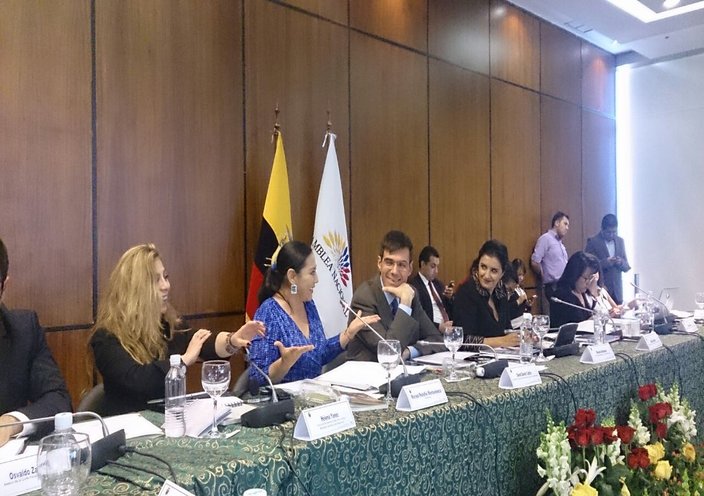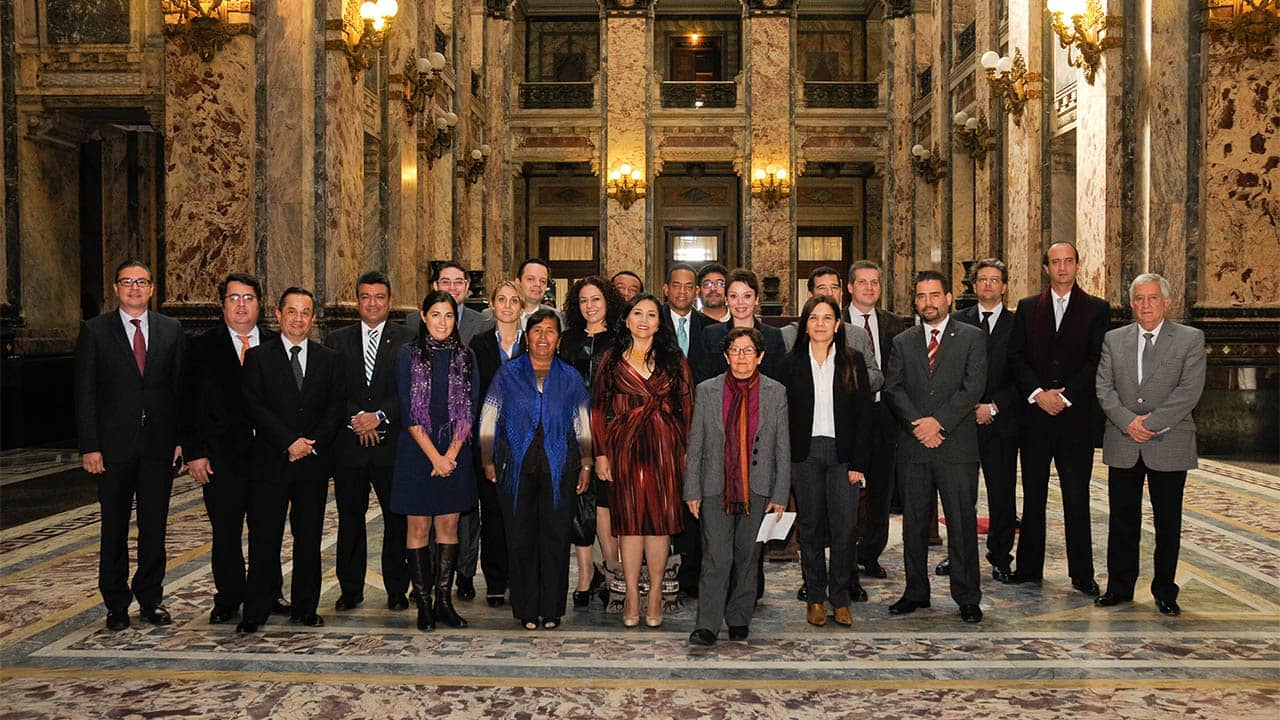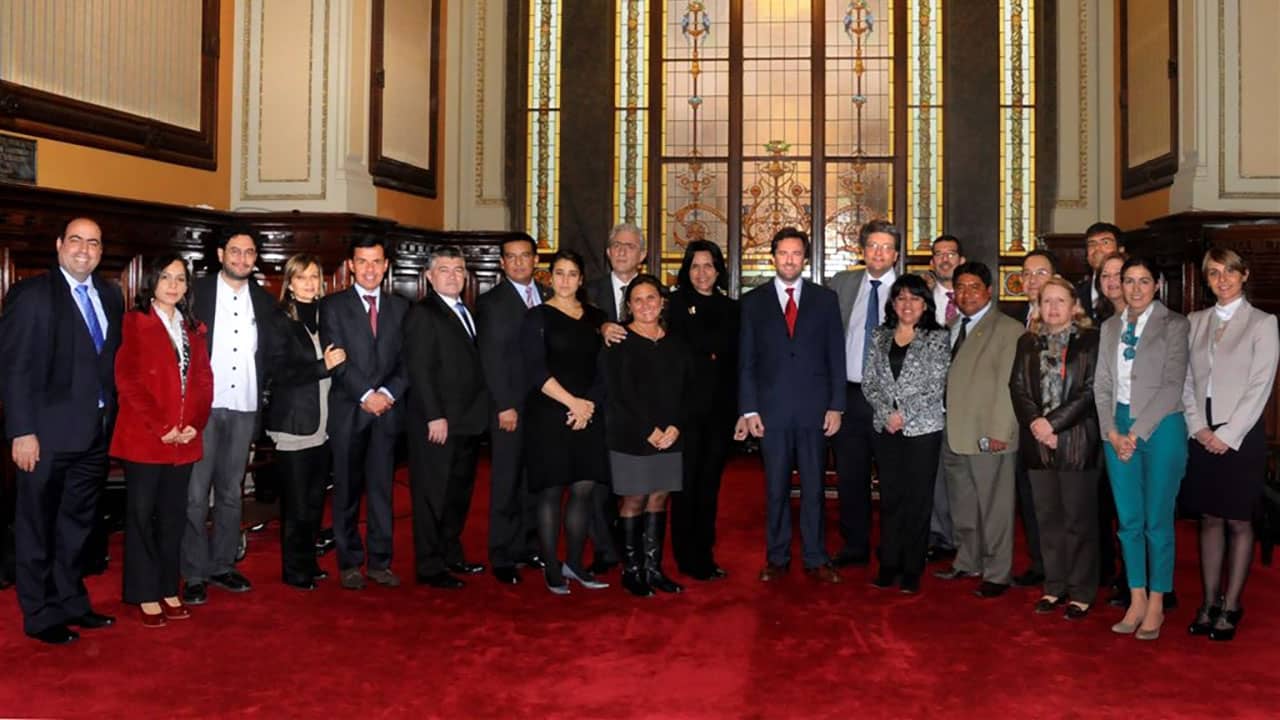Since 2000, PGA has been working in Ecuador with a multiparty group, promoting the fight against impunity, notably through the ratification and domestic implementation of the Rome Statute of the International Criminal Court (ICC). Those efforts were successful and paved the way for the ratification of the Rome Statute in 2002.
After the ratification, PGA’s priority in Ecuador has been the adoption of complete domestic legislation containing the crimes and core principles included in the Rome Statute as well as provisions to set a national mechanism to fulfill the cooperation obligation with the ICC.
To accomplish these goals, PGA has provided political and technical assistance to its members through the organization of Seminars in the country and the Americas region, the provision of legal comments to the Organic Criminal Code Bill in 2013, and the amendments to the adopted Organic Criminal Code in 2014, and the PGA Reference Law on Cooperation with the ICC for the Latin American Countries.
PGA’s work regarding implementing the Rome Statute of the ICC in Ecuador has been extensive. After the participation of two important parliamentarians, Dip. Rosana Alvarado, then first vice president of the National Assembly and Dip. Fernando Bustamante, then President of the Sovereignty, Integration, International Affairs, and Security Committee in the PGA Workshop on the Challenges of the Rome Statute in the Americas on September 2013 and upon written request, PGA provided guidance and technical assistance to modify the proposed bill to amend the Criminal and Criminal Procedural Codes which included the definition of the Crime of Aggression. PGA recommended, inter alia, that the definition of crimes against humanity should include all the acts mentioned in the Rome Statute and that a specific Chapter should be developed with specific rules on cooperation with the ICC.
The Organic Code, which was adopted by Parliament on 10 February 2014, incorporated most of PGA’s recommendations. After the participation of PGA member Marisol Peñafiel in the Workshop on the Challenges of the Rome Statute in the Americas in August 2014 and taking the opportunity that the Organic Criminal Code was opened for review, Dip. Peñafiel introduced amendments to such Code in December 2014 while considering the comments received by PGA in collaboration with two other NGOs to make the code fully compatible with the provisions of the Rome Statute. Moreover, Dip. Peñafiel requested PGA’s technical assistance in drafting a law that creates the necessary mechanisms to allow Ecuador to fully cooperate with the ICC. Provisions were included on the interim release, privileges and immunities of court officials, and the enforcement of sentences. The Bill was drafted following PGA’s Reference Cooperation Law for Latin American Countries and was introduced to the Parliament on 4 February 2015.
Following the commitment made during PGA’s 2021 parliamentary workshop on the implementation of international standards to fight against impunity for atrocity crimes, Dip. Esther Cuesta Santana (member of the Executive Committee and president of the National Group in the country) presented, on 13 October 2022, a Draft Organic Law on Cooperation of the Ecuadorian State with the International Criminal Court (available in Spanish). The Bill passed muster at the Legislative Administration Council and was sent to the Permanent Specialized Commission of International Relations and Human Mobility. On 10 April 2023, the International Relations Commission approved the report of the first debate on the draft Law on Cooperation (link available in Spanish).
On 14 March 2024, the Plenary of the National Assembly of Ecuador unanimously approved (available in Spanish), with 119 votes, the Law on Cooperation between Ecuador and the International Criminal Court (ICC), which received technical support from Parliamentarians for Global Action. The executive branch then reviewed the Bill, and President Daniel Noboa submitted a partial objection on 17 April, which the National Assembly resolved on 8 May (available in Spanish) and requested its immediate publication. The Law was officially published on 16 May 2024 (available in Spanish), marking a significant milestone in Ecuador’s journey towards ensuring effective international justice.
| Signature, Ratification of/Accession to the Rome Statute of the ICC | |
|---|---|
| Signature Date: | 7 October 1998 |
| Ratification Date: | 5 February 2002 |
| Amendments to the Rome Statute | |
|---|---|
| Ratification of the Kampala Amendment to Article 8 of the Rome Statute on war crimes [poison and expanding bullets in NIAC] (2010): | No |
| Ratification of the Kampala Amendment to the Rome Statute on the crime of aggression reflected in Article 8 bis (2010): | Yes, ratified on 25 September 2019 |
| Ratification of the Amendment to Article 124 of the Rome Statute (2015): | No |
| Ratification of the Amendment to Article 8 of the Rome Statute on war crimes [biological weapons] (2017): | No |
| Ratification of the Amendment to Article 8 of the Rome Statute on war crimes [blinding laser weapons] (2017): | No |
| Ratification of the Amendment to Article 8 of the Rome Statute on war crimes [non-detectable fragments] (2017): | No |
| Ratification of the Amendments to Article 8 of the Rome Statute on war crimes [starvation as a war crime in NIAC] (2019): | No |
| Adoption of implementation legislation of the Rome Statute of the ICC | |
|---|---|
|
The Integral Organic Criminal Code of 10 February 2014 (Amended in 2021) incorporates the provisions of the Rome Statute defining the crimes of genocide, crimes against humanity, war crimes, and the crime of aggression. However, very few acts under crimes against humanity, war crimes, and the crime of aggression are not codified by the Integral Organic Criminal Code.
|
|
| Cooperation Agreements | |
|---|---|
| Ratification of Agreement on Privileges and Immunities of the Court (APIC): | Yes, ratified on 19 April 2006. |
| Signature of Agreement of Enforcement Sentences with the ICC: | No. |
| Signature of Agreement of Interim and Final Release with the ICC: | No. |
| Signature of Bilateral Immunity Agreement with the USA: | No. |

